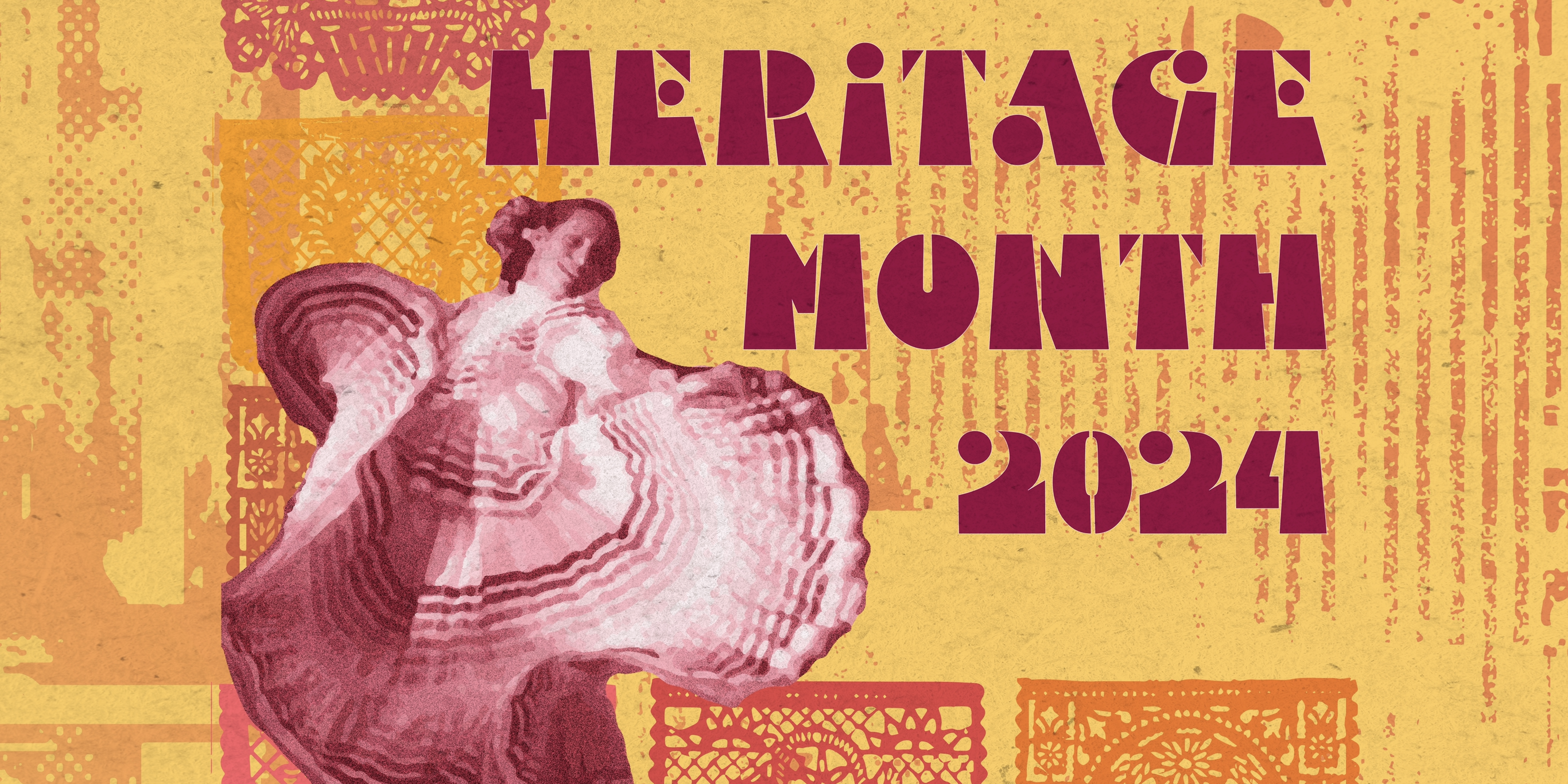By UCLA Radio’s Digital Press Department
Hispanic Heritage Month is a vibrant celebration of the history, culture, and contributions of Hispanic and Latinx communities in the United States. From September 15 to October 15, we take this time to honor the legacies of these communities, whose influence spans across art, music, politics, and more. This month also highlights the diverse stories and experiences that shape the identity of millions of people, from those deeply connected to their heritage to those discovering its importance in their lives. At UCLA Radio’s Digital Press Department, we are proud to amplify these voices by featuring a collection of reflections and stories from our community. In this collaborative article, students and staff share personal experiences, cultural connections, and the continued impact of Hispanic culture on their lives, exploring themes ranging from food and music to tradition and contemporary issues. We invite you to join us in celebrating Hispanic Heritage Month and reflecting on the incredible richness and diversity of Hispanic culture, as told through the lens of our contributors.
Caroline Sanchez
Westwood desperately needs a Vallarta Supermarket (I desperately need one).
Moving into an apartment for my third year of college, I knew that I’d finally have to cook and that my dining hall days were over. What I hadn’t realized was that the recipes my mother had written down for me would be largely inaccessible, and not for lack of skill (though that too, is sometimes lacking). Despite over 50 California locations, Vallarta is still 13 miles away from Westwood. The Mexican supermarket known for its authentic produce, meats, dairy, and ready-to-eat meals is too far away for the ingredients I need.
I can appreciate Ralphs and Whole Foods. In the few times I’ve ventured inside, I’ve been introduced to food I’ve either never tried or never heard of before. My refrigerator is full of kale quinoa salad, organic produce, and coconut probiotic yogurt. But as I moved down the dull, quiet aisles, I found myself wishing for the grocery store I spent my childhood in, that catered to my tastes and familiar recipes.
I miss the aguas frescas –horchata, jamaica, tamarindo, and mamay– that I’d sip on while my mom shopped. The squishy bags of masa I’d play with before my hands were slapped away. The nopales I’d turn my nose at while they were placed into our shopping cart. The bolio we’d wait for on Sunday mornings before church, hot from the oven and closely watched by señoras holding tongs and plastic bags. The tortilla press pushing out stacks and stacks of tortillas for taqueros. The construction workers coming in during their lunch break to order tortas and carne asada from the hot bar. The Spanish music over the speakers and piñatas hanging above the colorful aisles.
I want queso fresco, not goat cheese. I want crema Salvadoreña, not sour cream. And I want pan dulce, not muffins and strudel. The latter are all delicious, just not what I’m looking for.
Maybe I just miss my mother’s cooking. Maybe I just miss home. But I’d love to have the supermarket that lets me replicate the two just a little closer to Westwood. And they don’t know it yet, but maybe everyone else would love it too.
Jordyn
I was born and raised in Los Angeles, a city where nearly half the population is Hispanic. Yet, it wasn’t until I moved to Madrid a month ago for a study abroad program that I completely immersed myself in Hispanic culture and lifestyle.
Spain’s way of life is vastly different from what I know. The days are relaxed while the nights are long and vibrant. The city’s slow pace has allowed me to take a step back. The people here are incredibly friendly, surrounding me with constant ease. The locals respect my efforts to better my Spanish speaking, patiently waiting as I search for the right words. They willingly offer recommendations for places to visit and generously share their cultural experiences.
I live on a street situated between Malasaña and Chueca. This area has become home and I spend my free time wandering these streets, which are filled with all kinds of people, dogs, shops, and an abundance of pride flags.
Each day in Madrid, I find myself learning, growing, and feeling deeply grateful for Spain’s culture. I look forward to my return to LA, embracing a new perspective on Hispanic culture, carrying with me the lessons and experiences I’ve gained. My time here has been nothing short of beautiful, and I invite you to take a look into some of what I have captured.
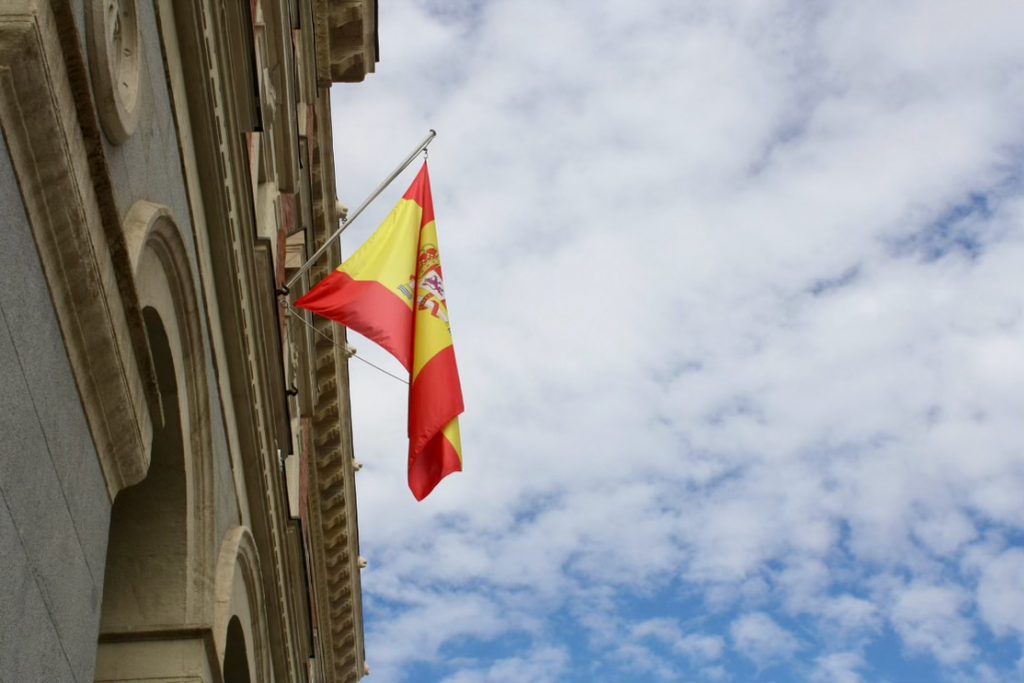
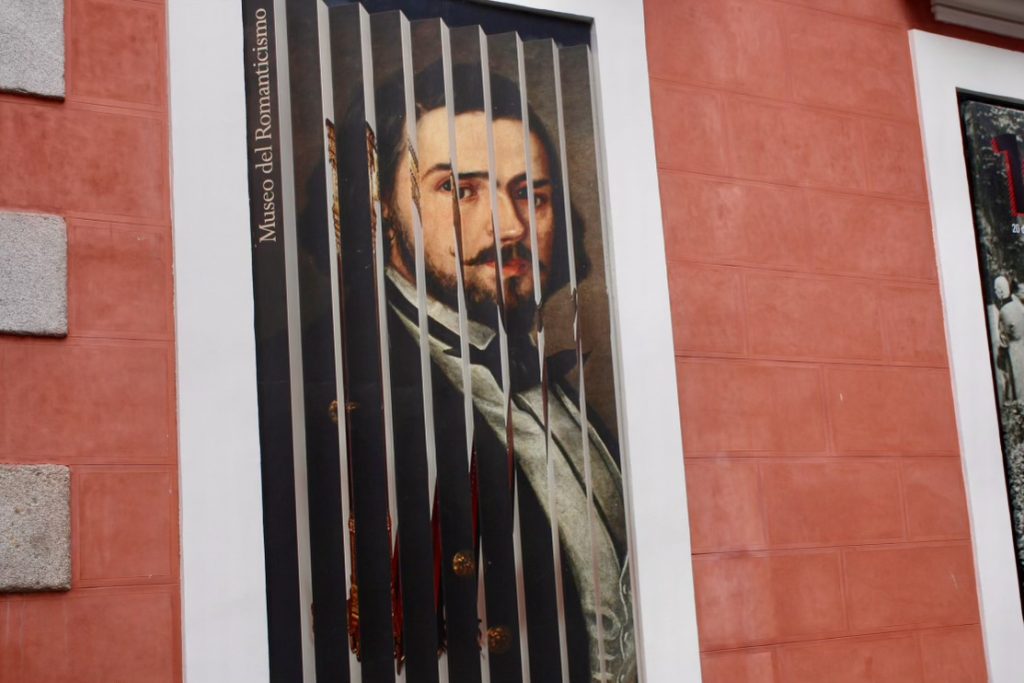
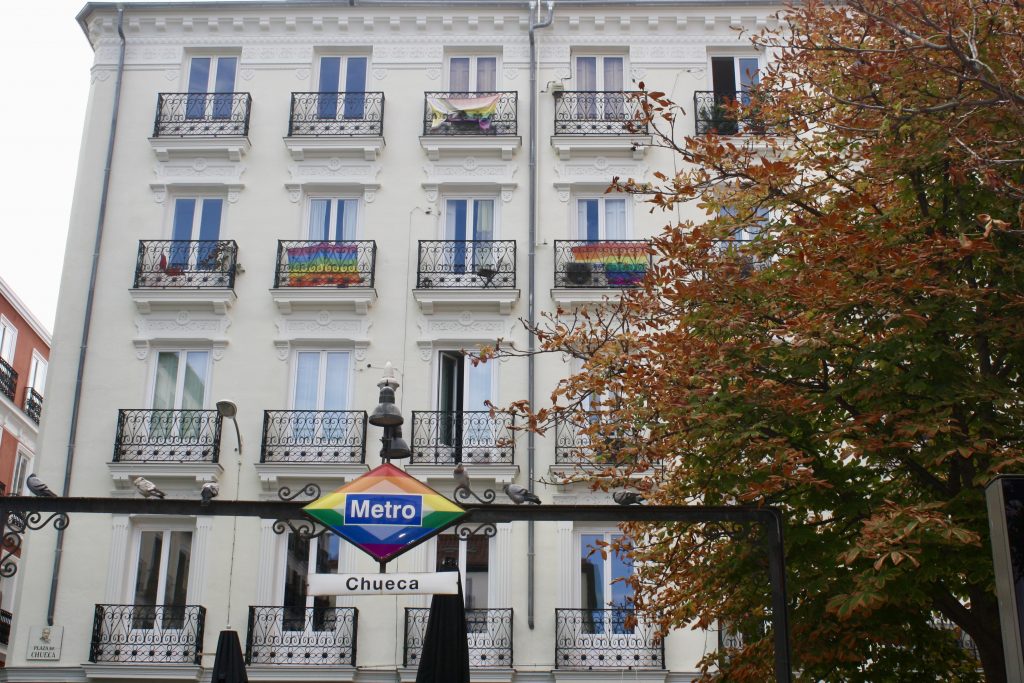
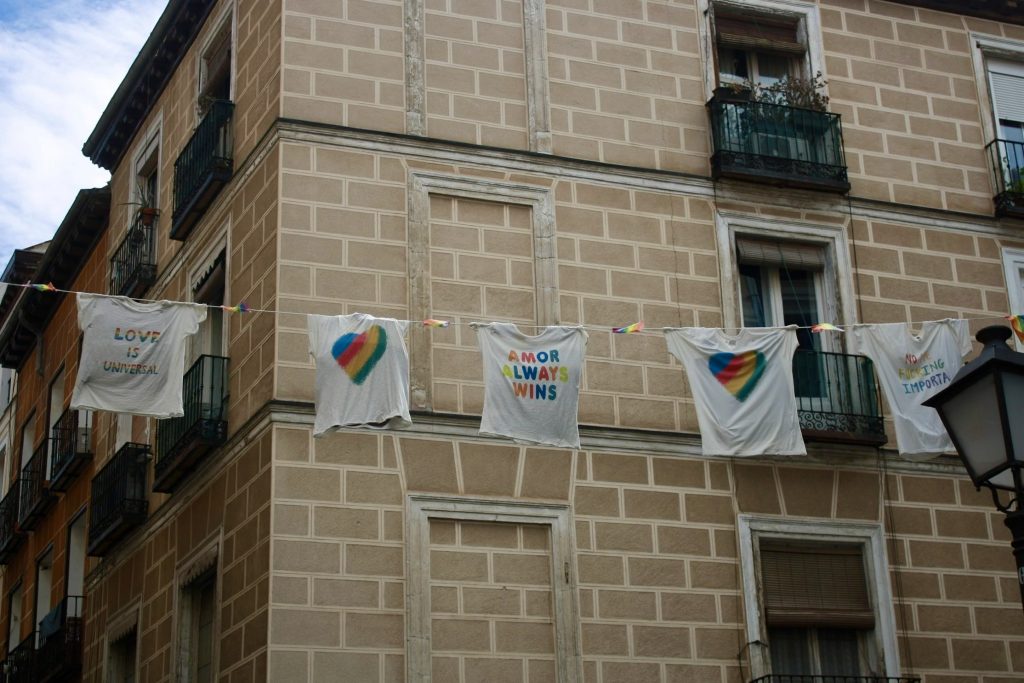
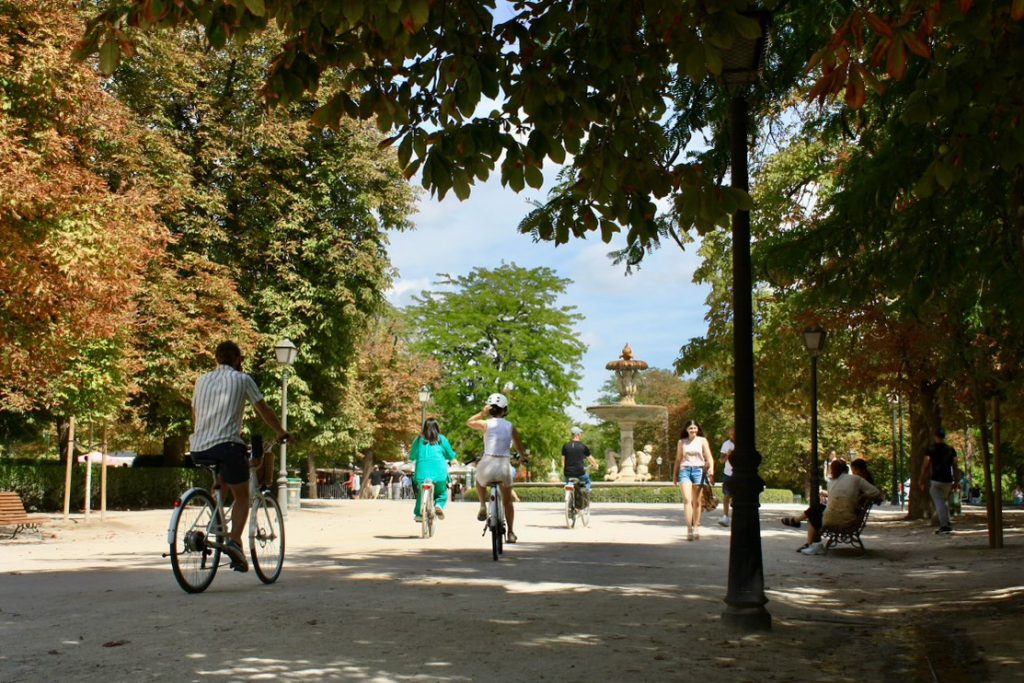
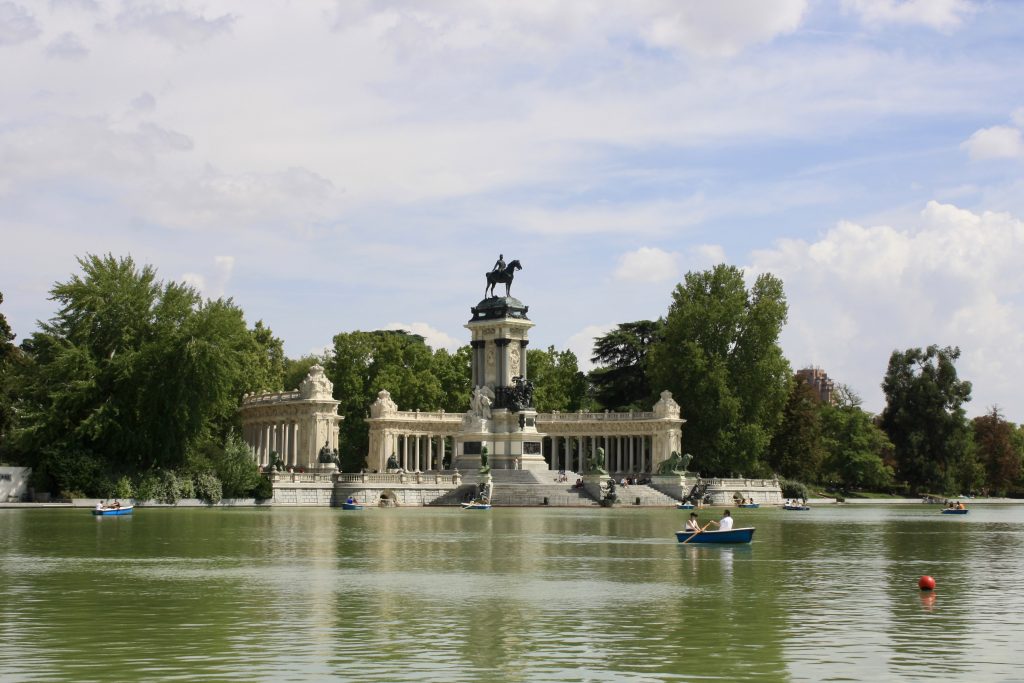
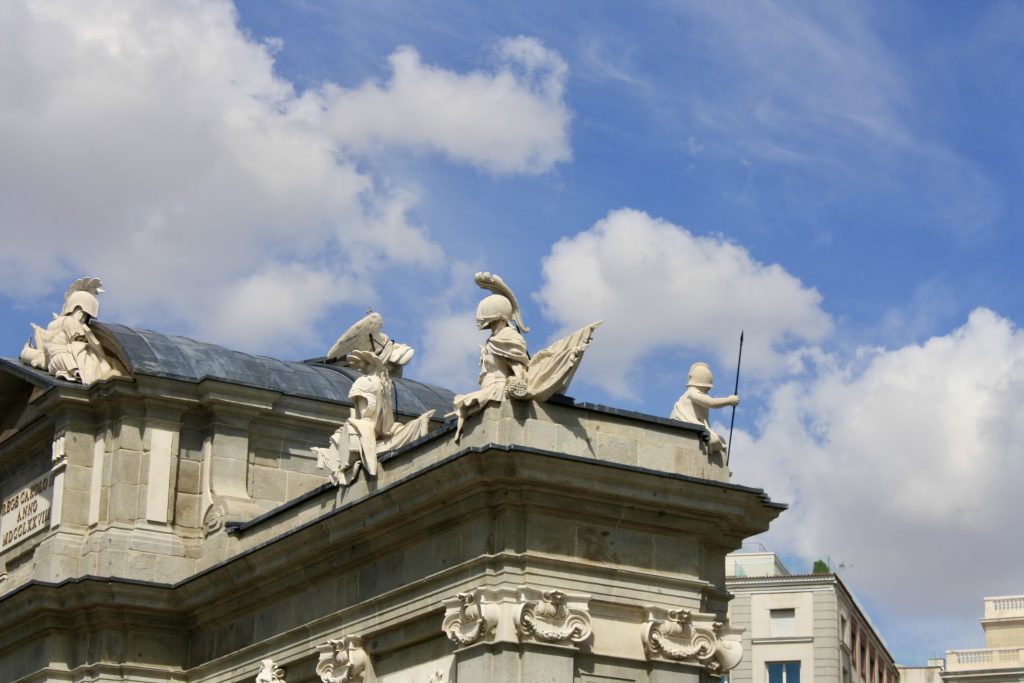
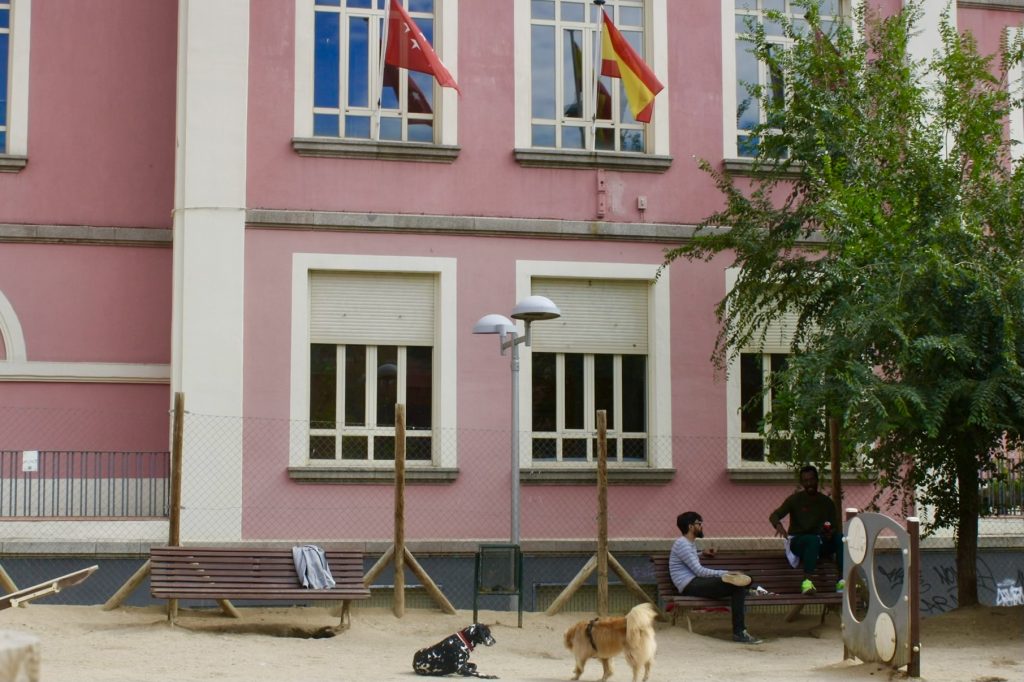
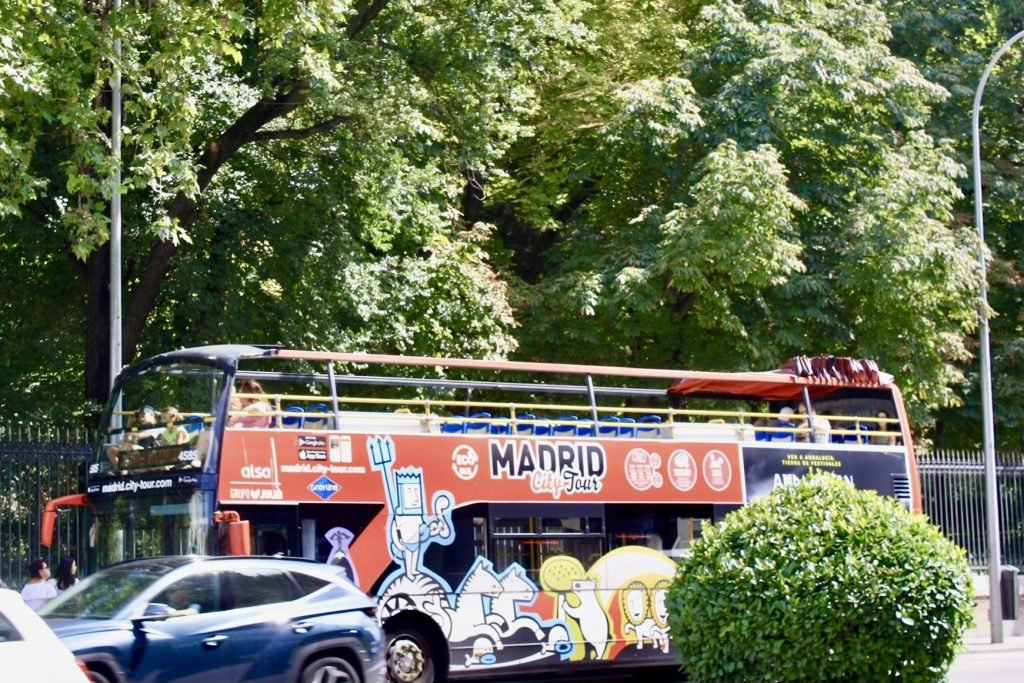
Joseph Hernandez
Being raised as a first generation Latino by two parents who immigrated to the United States, I like to think I was always surrounded and influenced by music from my culture. From waking up on weekend mornings to loud music while my parents clean the house, to huge family parties with noise complaints about the music volume, to always having a latin radio station on the radio in those long car rides. These were the things that I constantly grew up with being a latino and it really has shaped not only the kind of person I am but also the proud Latino I have become.
With Hispanic Heritage Month here, it seems a good time as ever to highlight the importance of Latino’s in music and recognize Hispanic music’s role currently in the industry. Not only are we living in a new era of the music industry but we are experiencing something we have never seen with Latin music:it is no longer solelya latin fan base supporting latin artists but has expanded to much broader. Not only that but we are now seeing the quickest rapid growth of Latin artists rising to fame that we have seen in decades. For this article, I will dive into my personal connection as a latino during hispanic heritage month and music’s impact on this growthalong with living in a day and age where it is also playing a part in the music industry.
Diving into hispanic heritage, I wanted to delve into the importance and beauty behind how different each Latin culture is. I was raised in a Bolivian household and will always carry its traditions with me but what you begin to learn growing up being Latino is how different each and every Latin culture is. Although we may speak the same language, there are some differences within all Latin cultures whether it be certain words, slang, music or family traditions. I personally have had the blessing of being able to experience two different Latin cultures within Mexican culture and Bolivian culture. Both my parents are immigrants from Bolivia, a South American country in which I was raised with salsa music, foods such as Salteñas, and huge family parties that consisted of loud salsa and reggaeton music. Bolivian culture is very party-like but with Bolivia being one of the poorest and corrupt countries in South America, it is a normality in our culture to almost give up hope in our country when it comes to democracy.
I was raised in a Bolivian family where the reality is that it’s not easy to just be able to go and visit family in Bolivia. While in college and growing up in the San Fernando Valley, however, I was exposed to a heavy Mexican culture by friends who I lived along with participating in Mexican heritage such as Dia De La Muerte and even Rosca de Reyes. Other than traditions, I was also exposed largely to Mexican music. I grew a huge passion for Corridos and banda which are not music genres that are common in Bolivian culture, especially since salsa groups don’t really use instruments such as accordions so being able to take part in mexican culture helped me experience live music in person at my friends’ family parties. Hiring private groups to perform corridos and dancing to banda or even going to Jaripeos with multiple groups performing for hours. Being able to experience a Bolivian family party and going to a Jaripeo which is basically just an outdoor concert where you go to dance and enjoy Mexican music, typically at some sort of farm or dirt field. Something I learned is that it is very common in Mexican culture to be able to go back to visit your pueblo, meet your grandparents in Mexico and get to know your family’s roots. I’m also extremely grateful to be able to go in and out of Mexico casually every summer because of how close it is and how easy it is to travel there as an American citizen. Even though I am so blessed to have experienced both, I do see some sort of similarities growing into American society when it comes to living in the United states. I see more Americanized parties beginning to hire live music entertainment at parties, almost everyone is taking salsa dance classes now to learn how to dance at social outings and of course Latin music is becoming a normality in society in which not only Latinos are listening to this Latin music. It’s actually pretty amazing how many Latino artists performed at the MTV Awards this year and it makes you realize how much Latin culture is influencing American pop culture.
A huge similarity I would say that all Latinos experience in this country is the issues and struggles we tend to share when it comes to immigration, politics, and treatment. Latino culture is at a current stage in society where it is fantasized by America but they don’t see or relate to the struggle of being Latino because all society sees is the super stars and the beautiful vacation locations of these latin american countries. Yes, countries such as Bolivia and Mexico have their beautiful locations but for the most part there is a lot of poverty and corruption in Latin American countries. And of course just as my family and many other families immigrate to this country in hope for a better future for their children, they are constantly at war with immigration laws and even an openly racist former president who made it his mission to emphasize deportation. The scariest part of the society we live in is how racism and deportation are now becoming basically normalized to a point where people feel it is okay to threaten deportation or saying things such as “get out of my country” all because it was quoted by a former president. Latinos representation in media is always flooded with fame and beauty but there’s more to it than that, that’s why there are constant artists who are speaking out for their countries freedom and liberty such as Bolivia, Venezuela and Ecuador.
Latin Heritage month is a beautiful time and space to really appreciate Latin culture but it is also a great time to recognize that it is not all beautiful. There is a struggle that is there in which may not always get the spotlight but there is hope that Latinos can one day get the same treatment and opportunity as anyone else in this country. During Trump’s presidency, while immigrants were scared of deportation, I always walked to campus and saw a beautiful sign on this house that said, “No one is Illegal, No one is an alien, and no one is undocumented, we are all humans.” If there is anything on my mind while writing this Hispanic Heritage Month article other than the amazing music, the beautiful culture and the special passion us latinos have for our countries, it’s that sign that is always on my mind. I am a proud Latino and I was blessed to be born latino especially in this society we live in today because I see this opportunity still alive: for me to be able to live the dreams that my parents had sacrificed for me.
Isabella Appell
A Los Angeles Foodie’s Guide to Hispanic Heritage Month
If you’re a foodie like me and looking to support your local Mexican restaurants this month then this guide is for you! Whether you’re craving seafood or a bottomless brunch, LA offers a wide range of options to explore.
Casa Fina, located in Boyle Heights, is dedicated to providing fresh and accessible Mexican cuisine to the local community. Under the guidance of head chef and owner Josefina Lopez, the restaurant crafts daily specials that reimagine Chicana/o cuisine such as flautas mexicanas and queso fundido. Committed to community engagement, Casa Fina allocates a portion of its proceeds to support Casa 0101 Theater, a production company that showcases Angelino art exhibits and offers free arts education classes for youth throughout the year.
Don Cuco, a Yucatan-inspired seafood restaurant in downtown Burbank, emphasizes the connection between healthy living and food. With family recipes rooted in the Gulf city of Merida, Yucatan- a state known for its quality medical care- Don Cuco’s dishes are rich in health benefits. Packed with Omega-3 fatty acids and iodine, which are essential for brain health and thyroid function, the restaurant promotes both cultural heritage and mindful eating practices.
Teleferic Barcelona, a family-owned Spanish restaurant in Los Angeles, is run by Xavi Padrosa, the pioneer of the traditional Spanish snack, pintxos. Deeply rooted in family and culture, the Padrosa family opened their first restaurant in Barcelona before expanding all the way to California. Specializing in tapas and paellas, the restaurant highlights iconic Spanish ingredients like iberian acorn-fed ham, bravas sauce and oysters.
Santo Remedio, a popular Mexican RestoBar in Orange County, is known for its brunch specials. From Tuesday to Friday, customers can enjoy $10 brunch plates featuring classics like carne en su jugo, sope y enchiladas, chilaquiles and chile rellenos. Many of the recipes originate from Jalisco, Mexico and the bar serves traditional drinks like La Cazuelita and Michelada. To enhance the Mexican brunch experience, they feature live Mariachi bands on Thursdays, Fridays and Sundays.
Founded in the early 2000s, Cuernavaca’s Grill is owned and operated by first-generation immigrants Marcos and Maria Mendoza, who aim to bring the flavors of their Mexican homeland to California through family recipes. Located in the heart of the Fashion District, the restaurant specializes in platillos, offering everything from homemade chiles rellenos to shrimp tacos. Keeping to its claim of authenticity, all dishes are made in-house with fresh ingredients. Cuernavaca’s Grill has been featured by The National Restaurant Association, Long Beach Local News and Food Network and continues to expand across the city.

